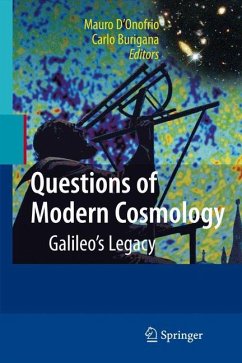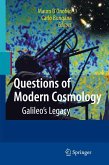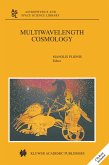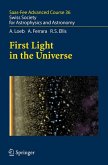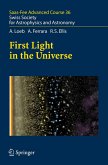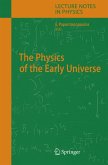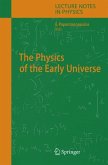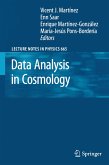Are we living in the "golden age" of cosmology? Are we close to understanding the nature of the unknown ingredients of the currently most accepted cosmological model and the physics of the early Universe? Or are we instead approaching a paradigm shift? What is dark matter and does it exist? How is it distributed around galaxies and clusters? Is the scientific community open to alternative ideas that may prompt a new scientific revolution - as the Copernican revolution did in Galileo's time? Do other types of supernovae exist that can be of interest for cosmology? Why have quasars never been effectively used as standard candles? Can you tell us about the scientific adventure of COBE? How does the extraction of the Cosmic Microwave Background anisotropy depend on the subtraction of the various astrophysical foregrounds?
These, among many others, are the astrophysical, philosophical and sociological questions surrounding modern cosmology and the scientific community that Mauro D'Onofrio and Carlo Burigana pose to some of the most prominent cosmologists of our time. Triggered by these questions and in the spirit of Galileo's book "Dialogue Concerning the Two Chief World Systems" the roughly 40 interview partners reply in the form of essays, with a critical frankness not normally found in reviews, monographs or textbooks.
Hinweis: Dieser Artikel kann nur an eine deutsche Lieferadresse ausgeliefert werden.
These, among many others, are the astrophysical, philosophical and sociological questions surrounding modern cosmology and the scientific community that Mauro D'Onofrio and Carlo Burigana pose to some of the most prominent cosmologists of our time. Triggered by these questions and in the spirit of Galileo's book "Dialogue Concerning the Two Chief World Systems" the roughly 40 interview partners reply in the form of essays, with a critical frankness not normally found in reviews, monographs or textbooks.
Hinweis: Dieser Artikel kann nur an eine deutsche Lieferadresse ausgeliefert werden.
From the reviews: "The editors prepared this compendium of modern cosmological thought as part of the 2009 International Year of Astronomy. ... An unusual aspect of this book is that it takes the form of questions ... posed to individual scientists and their responses. ... The use of this style makes the work interesting ... . Readers will enjoy this format and content. This book will be an excellent addition to library shelves. Summing Up: Highly recommended. Upper-division undergraduates through professional astronomers." (A. Spero, Choice, Vol. 47 (7), March, 2010)

